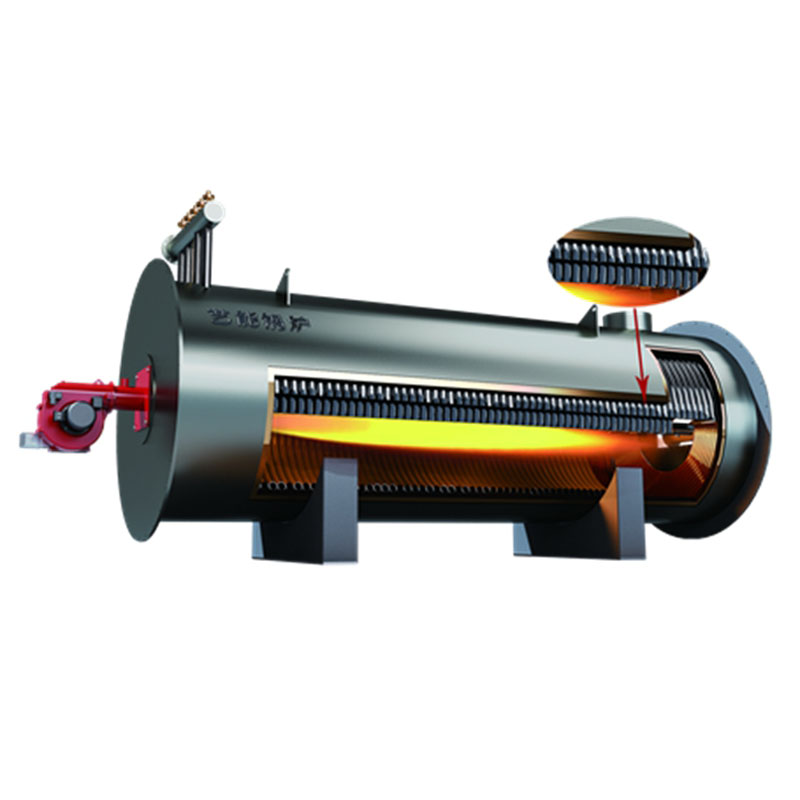thermal oil boiler for eps factories
Thermal Oil Boilers for EPS Factories Efficiency and Reliability in Production
In the evolving world of manufacturing, the demand for efficiency and reliability in production processes has never been greater. This is especially true in industries such as expanded polystyrene (EPS) manufacturing, where thermal oil boilers have emerged as a vital component in ensuring smooth operations. These boilers are instrumental in providing the necessary heat for various processes, making them essential in EPS factories.
What are Thermal Oil Boilers?
Thermal oil boilers are specialized heating systems that utilize thermal oil, also known as heat transfer fluid, to transfer heat through a system. Unlike traditional water-based boilers, thermal oil boilers operate at higher temperatures without the need for high pressure, making them increasingly popular in industries that require specific heat profiles for their processes. The thermal oil is circulated through a closed-loop system, where it absorbs heat from the boiler and then transfers that heat to the production equipment.
Why EPS Factories Choose Thermal Oil Boilers
1. Consistent Temperature Control EPS production involves several critical processes, such as pre-expansion, molding, and post-curing, all of which require meticulous temperature control. Thermal oil boilers provide precise temperature regulation, ensuring that the manufacturing process remains consistent and efficient.
2. Energy Efficiency The efficiency of thermal oil boilers is one of their standout features. Compared to conventional steam boilers, thermal oil systems can achieve higher thermal efficiency while using less fuel. This efficiency translates to lower operational costs and reduced environmental impact, which is a significant consideration for modern industries.
thermal oil boiler for eps factories

3. Safety Advantages Operating at lower pressures than steam boilers significantly enhances the safety of thermal oil systems. This reduces the risk of explosions and other hazards associated with high-pressure steam systems. Additionally, thermal oils are designed with thermal stability in mind, minimizing the risk of overheating and system failures.
4. Versatility Thermal oil boilers are highly adaptable and can accommodate the specific heating requirements of EPS manufacturing. They can be designed to easily integrate with other equipment in the production line, streamlining operations and enhancing productivity.
5. Low Maintenance Requirements Thermal oil systems generally experience less wear and tear compared to traditional boilers. The closed-loop system minimizes the risks of corrosion and scaling, resulting in lower maintenance needs and extended system lifespans. This reliability means reduced downtime and increased productivity, crucial for meeting production demands.
Conclusion
As EPS manufacturing continues to grow and evolve, the need for efficient and reliable heating systems becomes more apparent. Thermal oil boilers stand out as an optimal choice for this industry, offering enhanced safety, energy efficiency, and the kind of precise temperature control that modern manufacturing processes demand.
Investing in thermal oil boiler technology not only provides immediate benefits in terms of production efficiency but also aligns with broader environmental standards by reducing emissions and energy consumption. For EPS factories aiming to improve their operational performance, the transition to thermal oil boilers represents a Smart move, ensuring they remain competitive in a rapidly changing market. As the demand for innovative and sustainable manufacturing solutions increases, thermal oil boilers are poised to play a pivotal role in the future of EPS production.
-
Top Industrial Boiler Contractors Supplier & Factory Quality Products & ServicesNewsJun.10,2025
-
Panasonic Hot Water Boiler - Reliable & Energy Efficient Heating SolutionNewsJun.10,2025
-
Pennco Steam Boilers High-Efficiency & Durable SolutionsNewsJun.10,2025
-
Industrial Boiler & Mechanical Solutions Efficient Industrial Heating SystemsNewsJun.10,2025
-
Panasonic Hot Water Boiler - Energy-Efficient, Reliable Heat SolutionNewsJun.10,2025
-
Premium Power Plant Steam Boilers High Efficiency & ReliabilityNewsJun.09,2025

